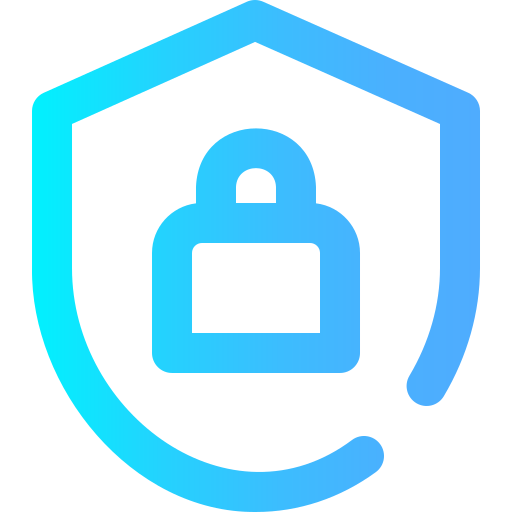Introduction
In today’s digital age, maintaining online privacy is more crucial than ever. With the increasing amount of personal data shared and stored online, the risk of unauthorized access, data breaches, and identity theft has significantly risen. This guide aims to equip you with the knowledge and tools needed to protect your personal information online effectively.
Understanding Online Privacy
Online Privacy refers to the level of privacy protection an individual has while connected to the Internet. It encompasses the protection of personal data shared online, the confidentiality of communications, and the security of online transactions. Protecting your online privacy involves being aware of potential threats and taking proactive measures to mitigate them.
Common Threats to Online Privacy
- Data Breaches
- Occur when unauthorized individuals gain access to sensitive data, such as personal identification information (PII), financial information, or login credentials;
- Notable examples include the Equifax breach and Yahoo’s data breach.
- Phishing Attacks
- Deceptive attempts to acquire sensitive information by posing as a trustworthy entity in electronic communications;
- Phishing emails often contain malicious links or attachments that can compromise your personal data.
- Malware
- Malicious software designed to harm or exploit any programmable device or network;
- Includes viruses, ransomware, spyware, and Trojans.
- Tracking and Profiling
- Websites and advertisers track your online behavior to build detailed profiles for targeted advertising;
- Tracking cookies and browser fingerprinting are common methods used for profiling users.
Practical Tips for Protecting Your Online Privacy
- Use Strong, Unique Passwords
- Create complex passwords that are difficult to guess. Use a combination of letters, numbers, and special characters;
- Avoid using the same password for multiple accounts. Consider using a password manager to generate and store passwords securely.
- Enable Two-Factor Authentication (2FA)
- Adds an extra layer of security by requiring a second form of verification in addition to your password;
- Common forms of 2FA include SMS codes, authentication apps, and biometric verification.
- Regularly Update Software and Devices
- Keep your operating systems, applications, and antivirus software up to date to protect against known vulnerabilities and exploits;
- Enable automatic updates whenever possible.
- Be Cautious with Public Wi-Fi
- Public Wi-Fi networks are often insecure and can be easily exploited by hackers;
- Avoid accessing sensitive information or conducting financial transactions over public Wi-Fi. Use a Virtual Private Network (VPN) to encrypt your connection when necessary.
- Manage Your Social Media Privacy Settings
- Review and adjust the privacy settings on your social media accounts to control who can see your posts and personal information;
- Be mindful of the information you share publicly and avoid posting sensitive details.
- Use Secure Communication Tools
- Opt for encrypted messaging apps, such as Signal or WhatsApp, for private communications;
- Ensure that websites use HTTPS (HyperText Transfer Protocol Secure) to protect data transmitted between your browser and the website.
- Limit Data Sharing and Permissions
- Be selective about the apps and services you use. Only grant necessary permissions and avoid sharing excessive personal information;
- Regularly review and revoke permissions for apps that you no longer use or trust.
- Educate Yourself on Privacy Policies
- Before using a new service or app, read their privacy policy to understand how your data will be used and protected;
- Be aware of your rights regarding data privacy and seek services that respect and prioritize user privacy.
Tools and Resources for Enhancing Online Privacy
- Password Managers: Tools like LastPass, 1Password, and Bitwarden help you generate and store strong, unique passwords for all your accounts.
- Virtual Private Networks (VPNs): Services like NordVPN, ExpressVPN, and CyberGhost encrypt your internet connection, providing a secure and private browsing experience.
- Encrypted Messaging Apps: Apps like Signal and WhatsApp offer end-to-end encryption for secure communications.
- Privacy-Focused Browsers and Search Engines: Use browsers like Brave or Firefox and search engines like DuckDuckGo to minimize tracking and enhance privacy.
- Ad Blockers and Tracker Blockers: Extensions like uBlock Origin and Privacy Badger block ads and tracking scripts to protect your online activity.
Conclusion
Online privacy is a fundamental aspect of maintaining your personal security in the digital world. By understanding the common threats and implementing the practical tips outlined in this guide, you can significantly reduce the risk of unauthorized access to your personal information. Stay informed, be proactive, and use the available tools and resources to safeguard your online privacy.

